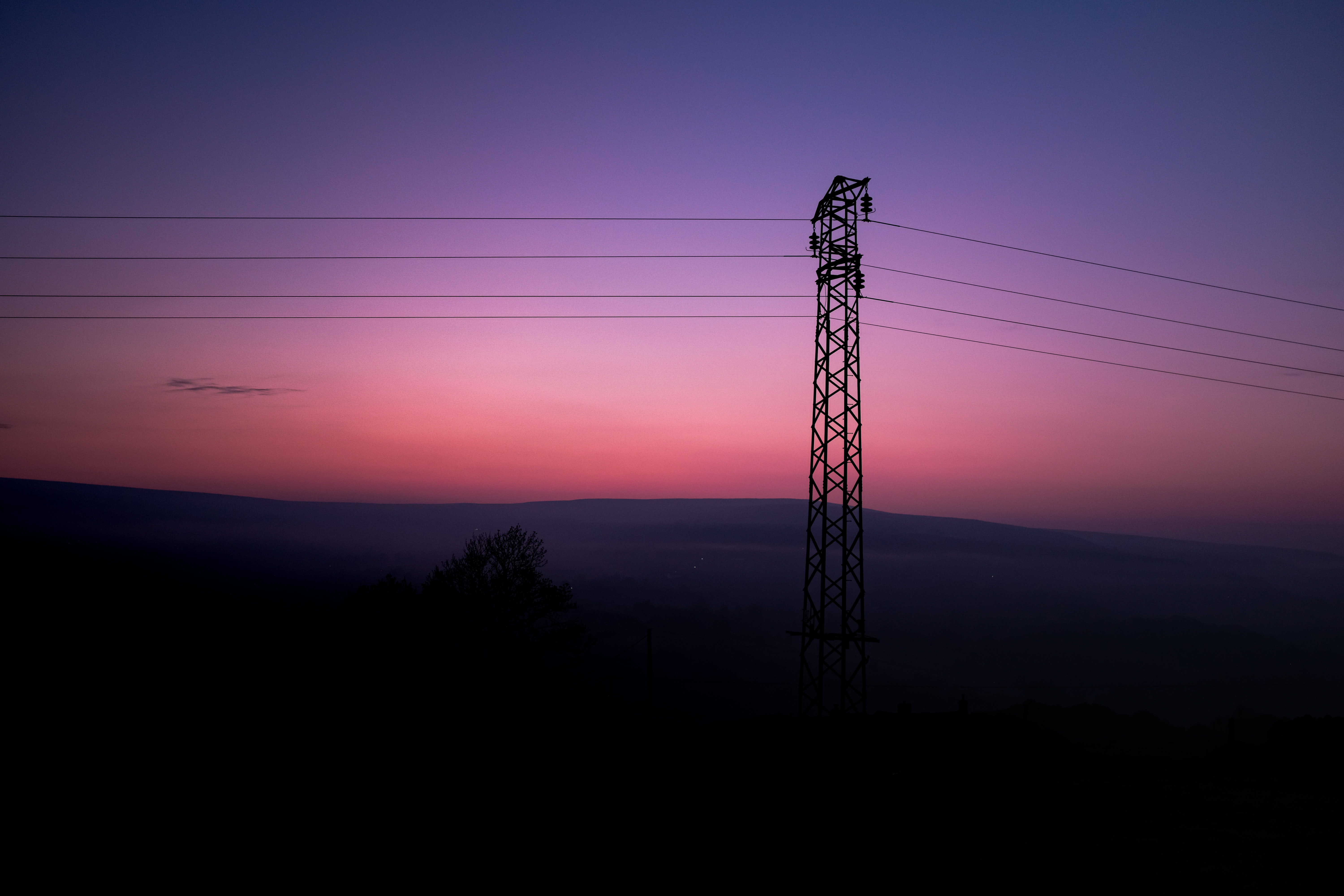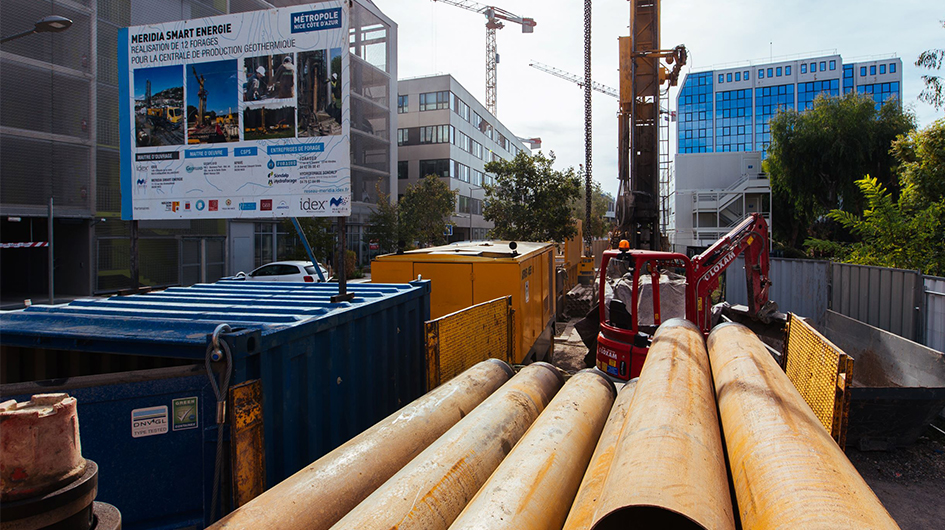36 results found
As the government of Saudi Arabia aimed to rapidly diversify its economy away from oil, there was an increased focus on sustainable strategies and growth of Islamic capital markets. With its Green Sukuk Framework, Saudi Electricity Company raised USD1.3 billion for low-carbon and climate-resilient infrastructure.
Converting old unused mineshafts and canals into 'geothermal boilers' to produce electricity that can be transported to homes or public spaces.
This paper considers three hydropower projects, these are in India, Sri Lanka and Vietnam. The paper looks into the impact of global climate change on these hydropower projects using an autoregressive model on a hydrological series, since hydropower is among the most vulnerable industries to changes in global and regional climate.

Enerjisa Enerji A.S., one of the leading private utility players in Turkey, serving nearly a quarter of Turkey?s population.
A senior corporate loan of up to EUR 15 million to be divided into two parallel tranches (i) the EBRD tranche and (ii) a concessional tranche provided by the Green Energy Special Fund ("GESF"), a Special Fund established and administrated by the Bank with the contribution of the Taiwanese International Cooperation and Development Fund to support EBRD projects related to investments in efficient energy technologies
This guidebook shares training materials and knowledge on mini-grid development for rural electrification. It documents experiences and lessons learned from developing 12 pilot mini-grid systems for off-grid energy access in Myanmar.

Mexico grew its wind energy installed capacity to c. 2000MW, generating USD 12B in investments and spillover effects on the local value chain
The Mexican government sought to increase its wind energy production and reduce its reliance on fossil fuels. The Mexican government set a goal of reducing the country's greenhouse gas emissions by 50% by 2020
The Contracts for Difference (CfD) were introduced as part of the UK's Electricity Market Reform to incentivise investment in secure, low-carbon electricity, improve the security of the UK’s electricity supply, and improve affordability for consumers.
These policy guidelines are intended to help countries design and implement competitive selection processes for supporting renewable energy.

The European Investment Bank adopted its Climate Strategy on 22nd September 2015, following a comprehensive review, including a formal public consultation that was launched in January 2015.

CFA is a 4-year programme funded by the UK Department for Business, Energy & Industrial Strategy (BEIS). Aims to identify and develop pipelines of bankable climate-related projects that can attract investment at scale from the private sector. In 2017, Nigeria took part in the inaugural pilot CFA process The CFA initiative has since been extended to Mexico, Colombia, Peru, South Africa & Turkey. Stakeholders involved Conceiver: Ian Callaghan Associates Funder: UK Government (BEIS) Neutral convener for the CFA process: Nigerian Economic Summit Group
This report looks at the nature of Variable Renewable Energy (VRE) and the resulting challenges associated with the integration of VRE technologies into a power system. It provides an overview of the measures available to limit and manage these challenges. This report highlights the importance of increased flexibility when integrating high levels of VRE, and focuses on two sets of options to provide such flexibility: natural gas-fired power generation technologies and energy storage.

GI Hub CEO Marie Lam-Frendo discusses energy storage's disruptive potential and how its future is becoming increasingly important in light of the trends in global energy supply and demand.
The New Climate Economy explores how countries at all levels of income can have better economic growth and a better climate.

This benchmarking documents provides a preliminary analysis of infrastructure performance in Lesotho in four major sectors against the relevant group of comparator countries using a new World Bank international data base with objective and perception-based indicators of infrastructure performance from over 200 countries, this document outlines the deficiences in Lesotho in infrastructure.

In 2018, the City of Nice in southern France signed a 25 year contract with IDEX to design, finance, realise, operate, and maintain a heating and cooling network as well as to implement a smart grid for energy efficiency. IDEX is implementing this project in the 500,000m2 Nice Meridia district, which is home to office space, retail, leisure, housing, schools, and a hospital.








 InfraTech (Infrastructure Technology)
InfraTech (Infrastructure Technology)

